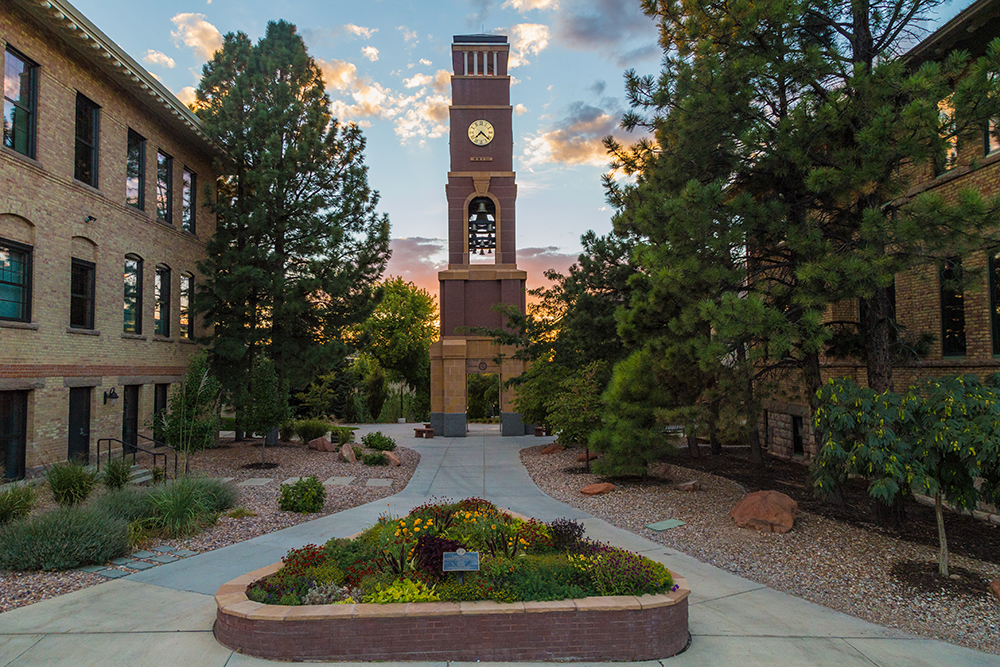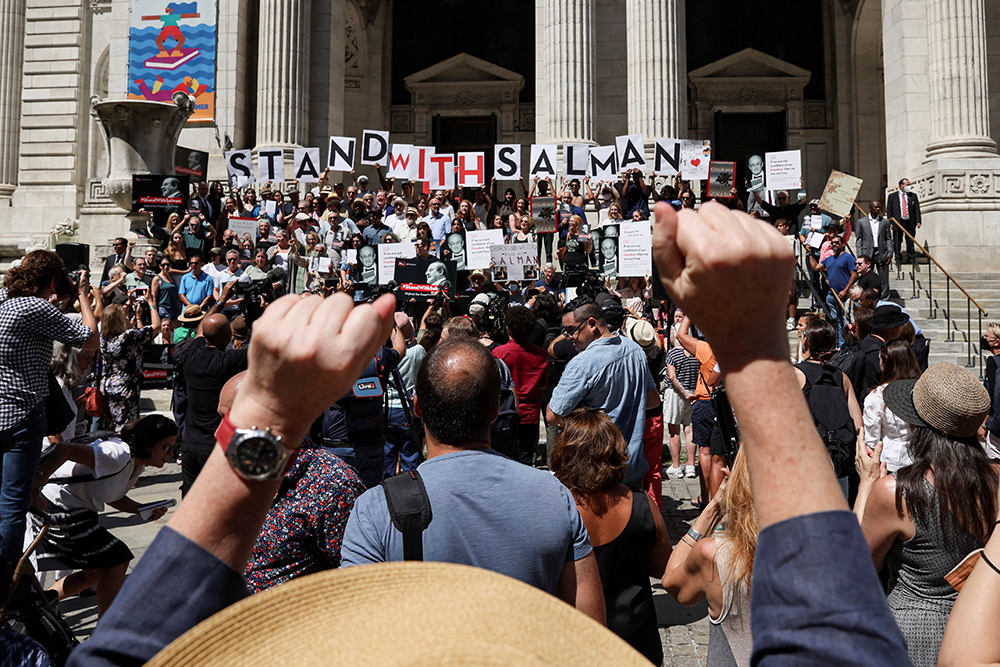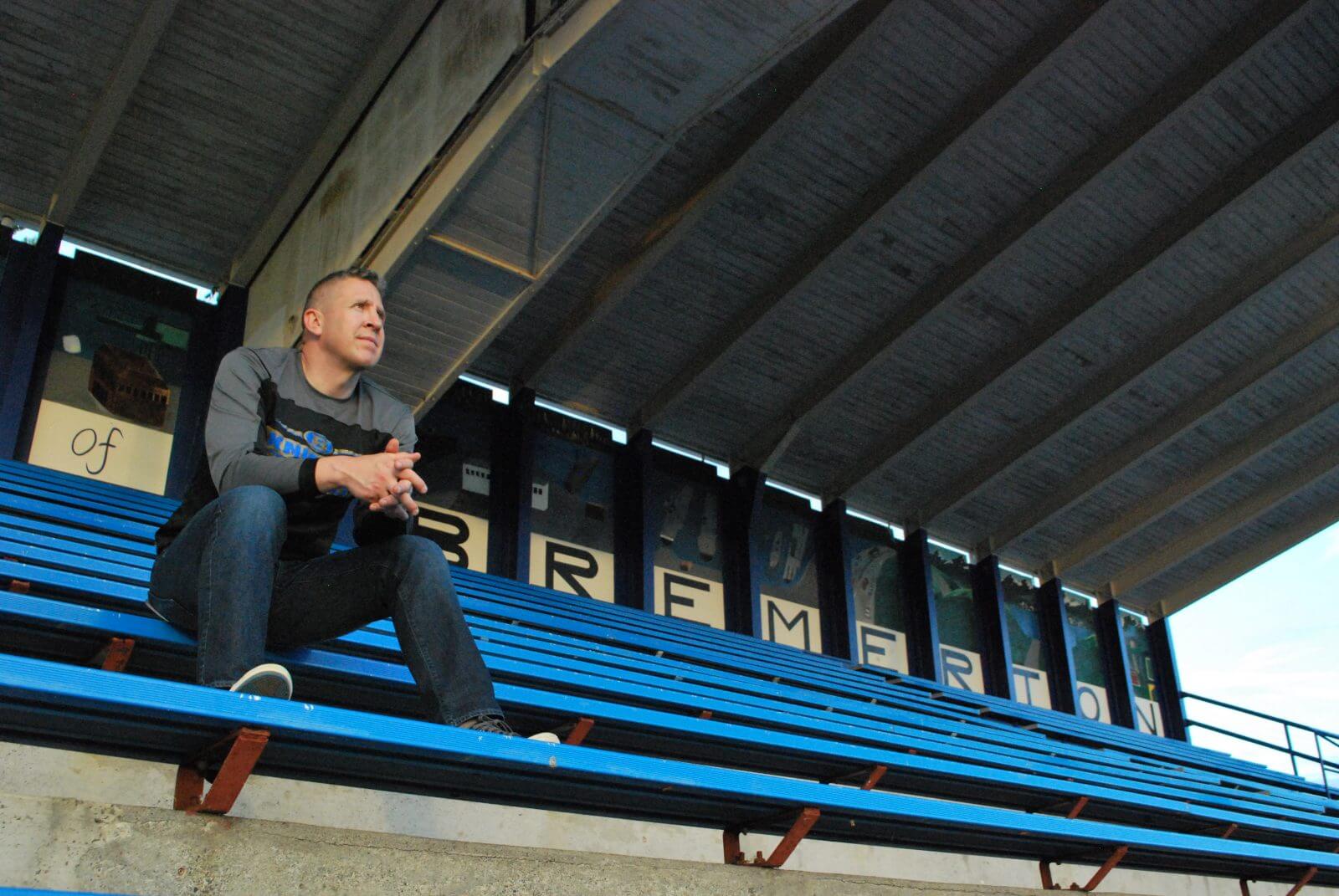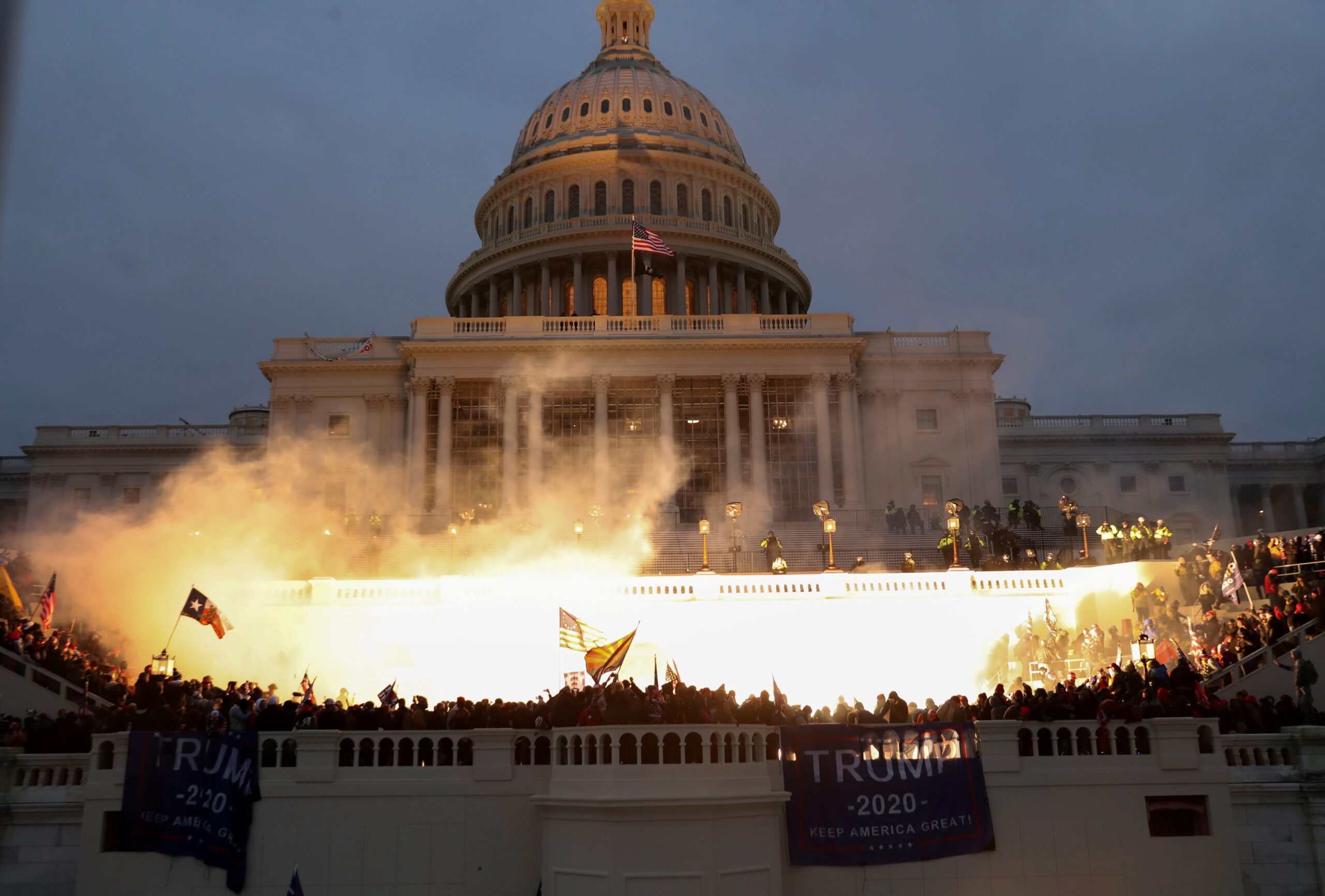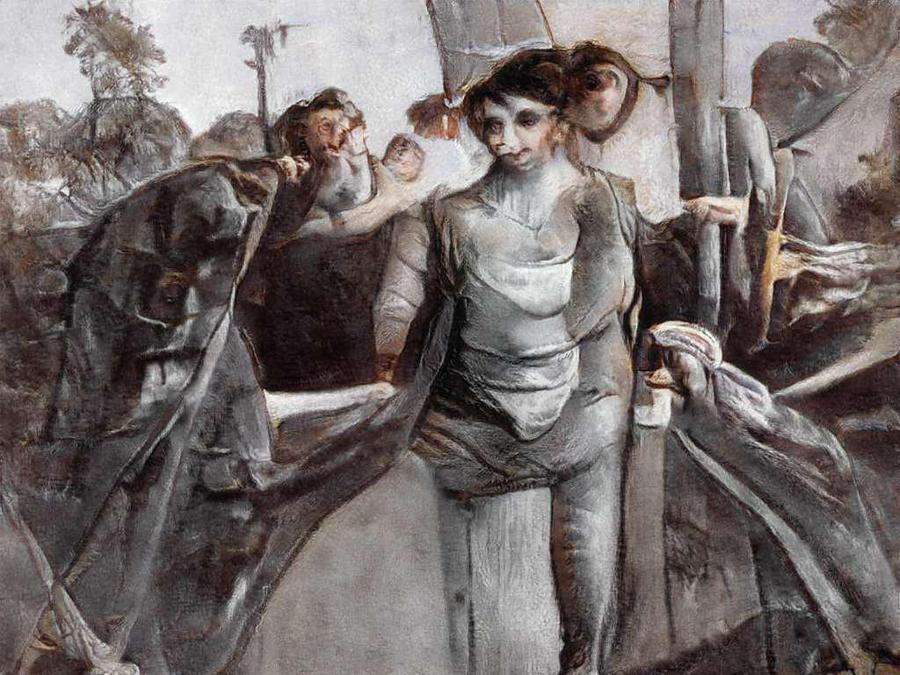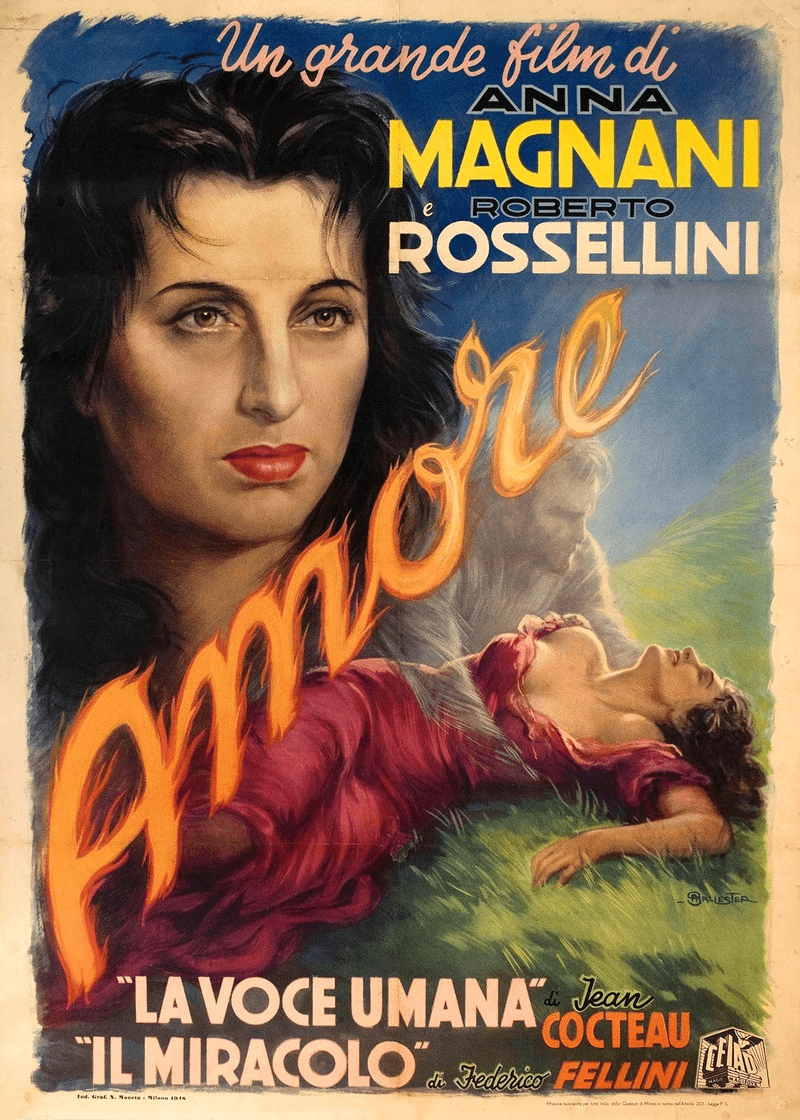Utah Professor Sues University Over Required Pronoun Use, Argues Free Speech Infringement
Richard Bugg, a theater professor at Southern Utah University filed the lawsuit in the United States District Court for the District of Utah Aug. 31. Bugg, represented by attorney Jerry Mooney with financial support from the FIRE Faculty Legal Defense Fund, argues that he is “opposed to the coercion of speech that is taking place on our campus and on most campuses,” the lawsuit stated.
‘We are Salman’ Supporters of Free Speech Rally in New York City
The seriousness of the stabbing attack which cut his neck, liver and severed nerves in his arm, didn’t deter Rushdie from offering some ideas to PEN America about which readings of his the writers, editors and artists might deliver in front of a crowd of hundreds listening on the library steps for the #StandWithSalman event Friday morning.
Supreme Court Backs Praying Football Coach in First Amendment Case
In a long awaited and highly anticipated ruling, the U.S. Supreme Court reversed the 9th U.S. Circuit Court of Appeals and ruled 6-3 in favor of assistant high school football coach Joe Kennedy who took a knee to pray at midfield at the end of games.
Join First Amendment Watch and Foundation for Individual Rights (FIRE) for a virtual taping of the So to Speak Podcast with Jacob Mchangama, author of “Free Speech: A History from Socrates to Social Media” in conversation with Greg Lukianoff, Professor Stephen D. Solomon, Sarah McLaughlin, and host Nico Perrino.
Teacher Guide: Disinformation and the First Amendment
Disinformation is more pernicious and widespread today than at any other point in history, largely because of social media and the Internet. For instance, it is now widely known—and verified by the U.S. intelligence community—that Russians interfered with the 2016 presidential election.
In 2018, Christie’s auction house in New York sold a painting, Portrait of Edmond Bellamy, for $432,500. This sales price was significant. Not because it was exceptionally high—Christie’s has had many sales that would dwarf this price—but because the painting was not made by a human being. It was created by a computer using artificial intelligence (AI).
Texas Community College Sued for Violating Former Professor’s First Amendment Rights
Collin College, a community college in McKinney, Texas is being sued by a former professor for violating her free speech and assembly rights. In a lawsuit filed on September 22nd in the U.S. District Court in the Eastern District of Texas Sherman Division, Suzanne Jones alleges that Collin College administrators pushed her out for criticizing the school’s COVID-19 response, and in retaliation for two previous incidents in 2017 and 2020.
Teacher Guide: Does the First Amendment Allow the Government to Censor Art?
For much of our nation’s history, the First Amendment’s guarantee of freedom of speech did not clearly protect art from government censorship. Over the course of the 20th century, however, courts gradually extended speech protections to a broader range of artistic expression, including film, dance, theater, and fine arts. Today, public officials can censor art only in limited circumstances. What are those circumstances, and what protection does the First Amendment provide?
